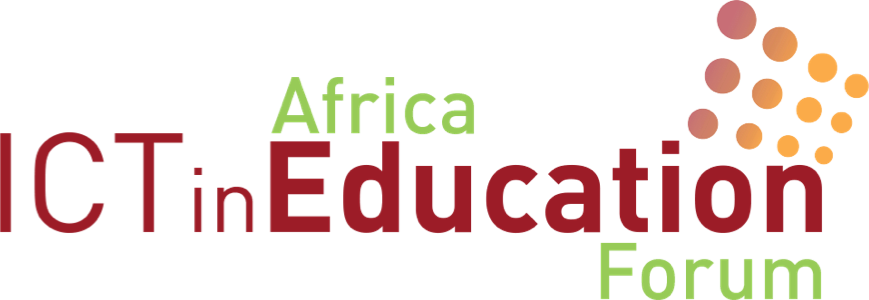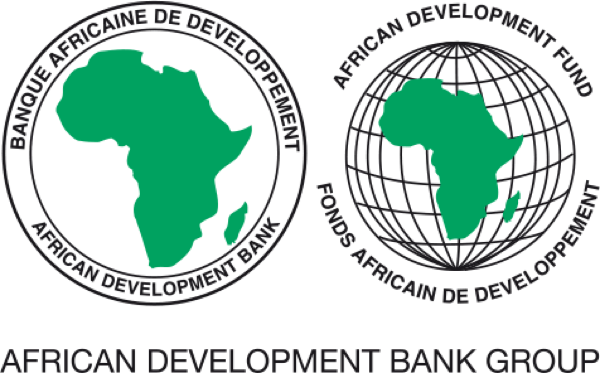“To transform our educational systems is possible: together!” CEO of the Lebanese firm Triple C
This remark perfectly sums up the state of mind and the thinking of the speakers at this first session of the Forum, which featured a panel of four persons who shared their experiences of ICT integration in their countries’ education systems.
The first presentation covered the experience of Lebanon. Hussam Kayyal, advisor to the Minister of Telecommunications of this Middle Eastern country with a population of 4 million, described how the country launched a strategic program to democratize ICT in schools two and a half years ago. With support from companies such as Intel and Triple C, the Lebanese education system created a tablet laptop specifically designed for use by students.
Several lessons can be drawn from this experience, but the main one is that ICT integration should be a matter of public/private consensus: all the partners concerned were involved in the “Open Your Tomorrow” program. With the support of the government, telecom service providers (for the Internet connection package), computer manufacturers (for the tablet), the Central Bank of Lebanon (for no-interest loans) and the ecosystem of developers (for content) all contributed to making this project viable. In the words of the CEO of Triple C, “It is possible to transform the education system: together!” Skander Ghenia, Director-General of Tunisia’s National Center for Educational Technologies, spoke of the Tunisian government’s ICT strategy for education, in place since 1998.
After a phase of rolling out computer equipment and Internet connections to all of the country’s schools, the Technological Plan for Education (2010-2015) was introduced to support ICT integration by decentralizing governmental responsibilities and developing digital content, skills and uses. What Tunisia observed was the need for teachers to have real ICT skills, for a strategy to steer and manage change, and, most importantly, for a suitable model of public/private partnership.
The Portuguese success story reported by José Manuel Canavarro, a member of Portugal’s National Education Council, is edifying in terms of the positive educational, economic and social impacts of ICT integration in an education system. The speaker’s main point: the impact of investment in ICT within an education system would be amplified by the involvement of all interested parties from the beginning to the end of the process, in particular through training and support for teachers and cooperation with partners at all levels of the country.












